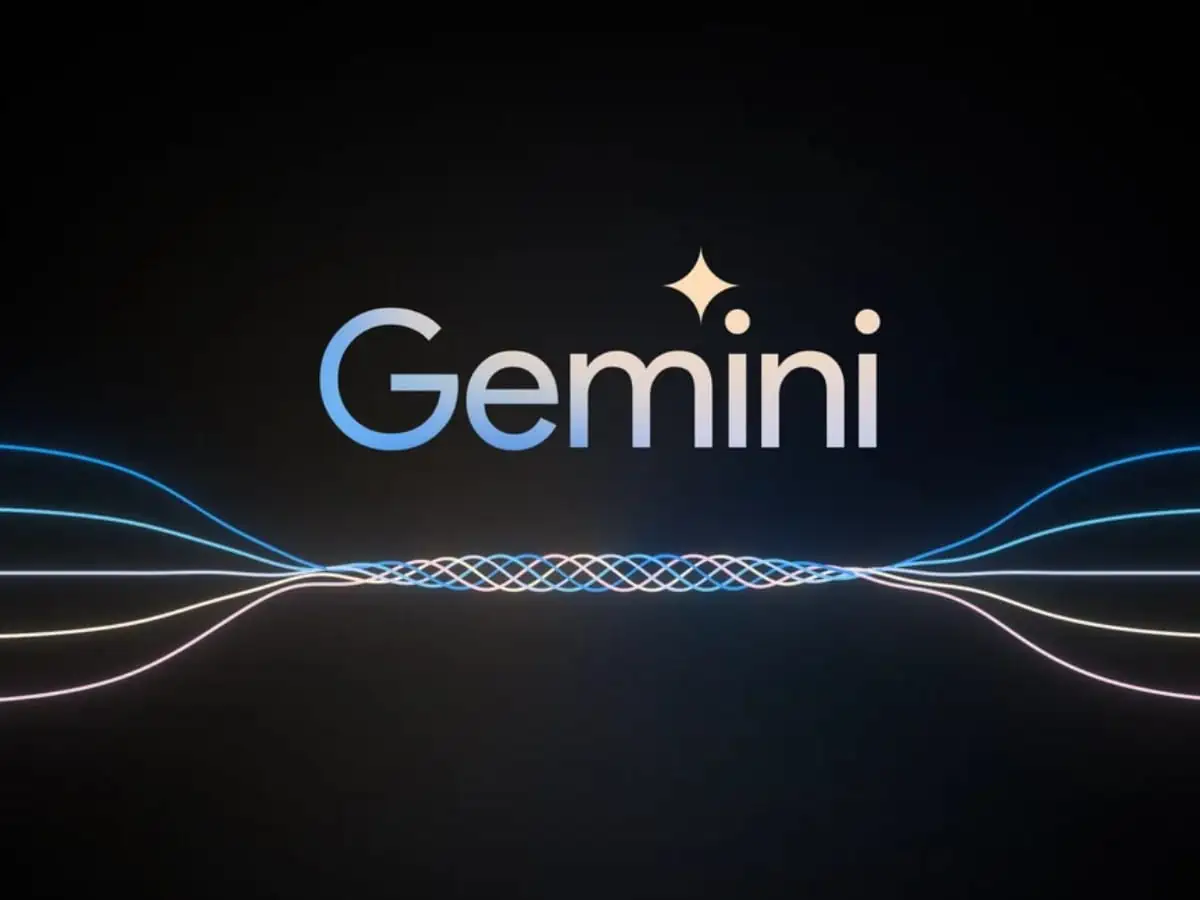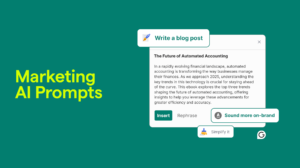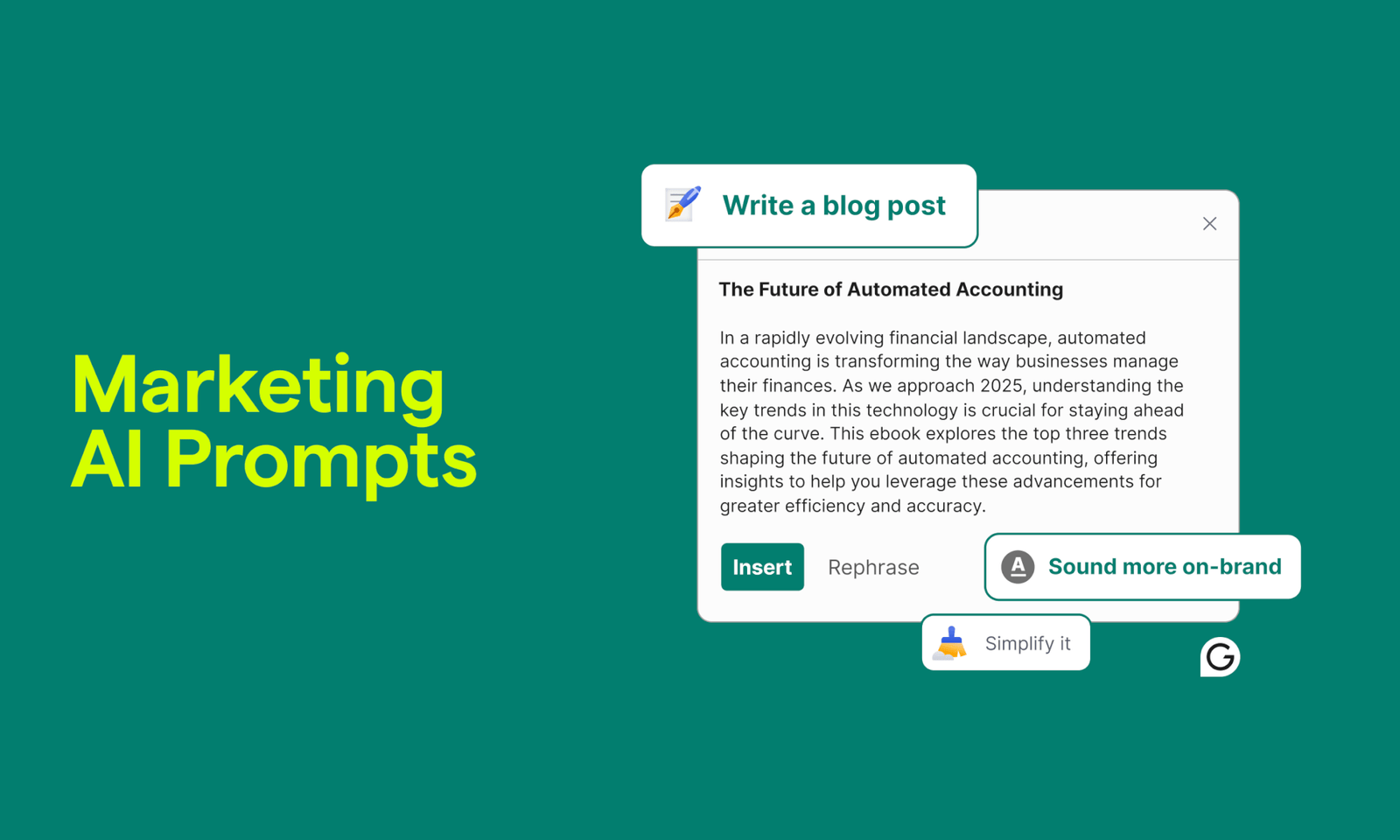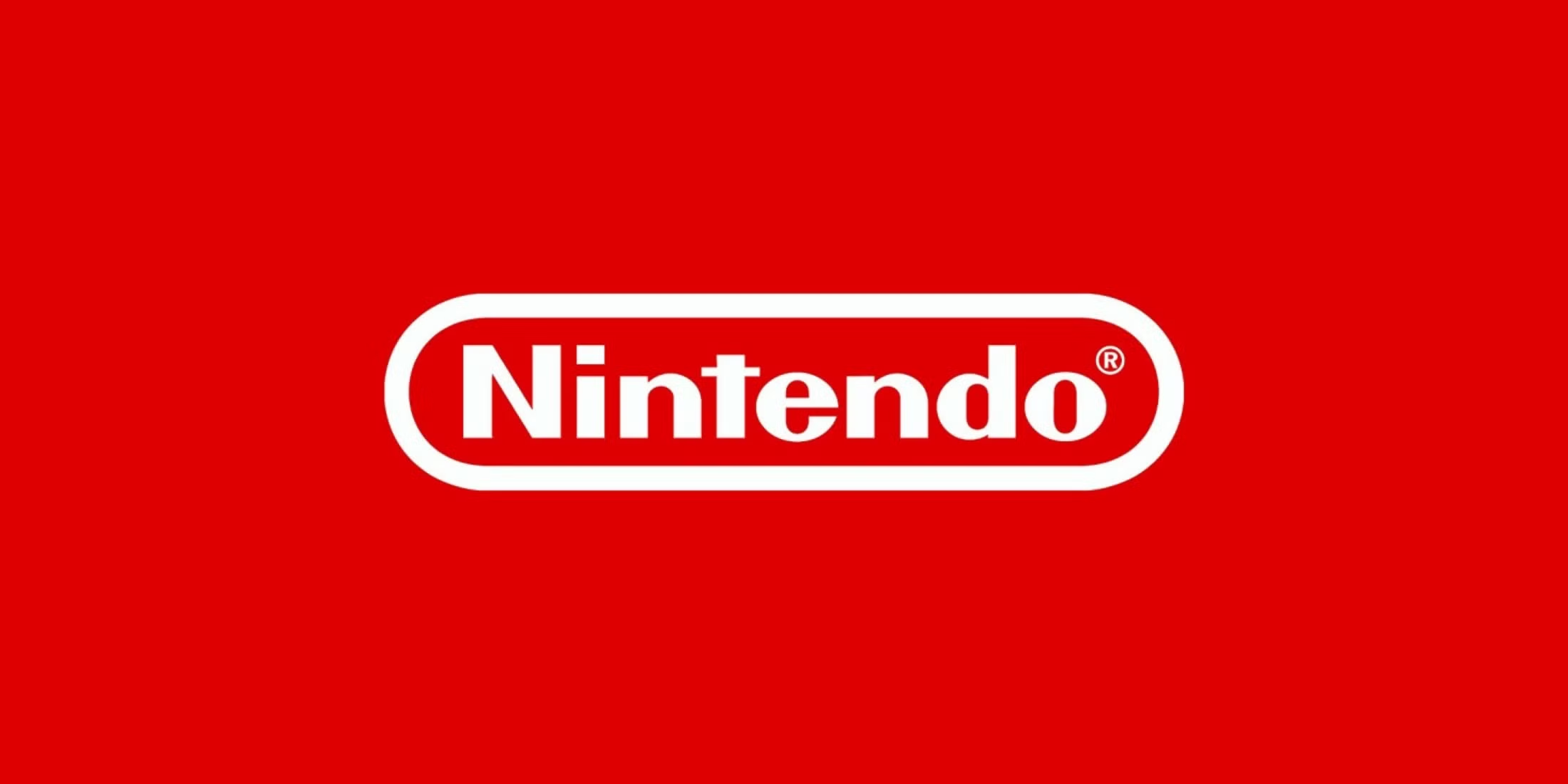In a surprising turn of events, Google has announced the discontinuation of its popular chatbot Bard, replacing it with a new AI model named Gemini. This move comes amidst a burgeoning AI landscape, with Microsoft’s LaMDA chatbot posing a significant threat to Google’s dominance in the field. Both tech giants, led by Sundar Pichai and Satya Nadella, are vying for supremacy in the race to develop the most advanced and ethical AI systems.
Key Highlights:
- Google discontinues its Bard chatbot, transitioning to a new AI model called Gemini.
- The move comes amid heightened competition in the AI space, with Microsoft’s LaMDA gaining traction.
- Both Google’s Sundar Pichai and Microsoft’s Satya Nadella tout their respective AI advancements.
- Questions remain regarding Gemini’s capabilities and ethical implications.
While the exact reasons behind Bard’s retirement remain unclear, Google emphasizes its commitment to continuous innovation and progress. The company claims that Gemini represents a significant leap forward in AI technology, offering enhanced capabilities and improved safety measures. However, some experts speculate that Bard’s potential for misuse, particularly in generating harmful content, might have played a role in its demise.
Meanwhile, Microsoft’s LaMDA has been garnering positive attention for its ability to hold nuanced conversations and generate creative text formats. This has led to concerns that Google might be falling behind in the AI race. However, Nadella emphasizes Microsoft’s focus on responsible AI development, highlighting LaMDA’s alignment with ethical principles.
The Battle for AI Supremacy
The competition between Google and Microsoft extends beyond chatbots, encompassing various AI applications. Google’s AI dominance is evident in its widely used search engine and Android operating system, while Microsoft’s Azure cloud platform offers powerful AI tools and services. Both companies are investing heavily in research and development, aiming to solidify their positions as AI leaders.
Beyond Innovation: Ethical Dilemmas and Public Scrutiny
As AI technology marches forward, ethical concerns cast a long shadow, prompting crucial questions about bias, privacy, and accountability. Both Google and Microsoft have faced criticism for their AI practices, with accusations of racial bias in image recognition algorithms and limited transparency in data collection processes. The public is increasingly demanding responsible AI development, urging for safeguards against unfair bias and ensuring human oversight and accountability.
Ethical Considerations and Public Scrutiny
As AI technology advances, ethical concerns surrounding bias, privacy, and accountability come to the forefront. Both Google and Microsoft are facing scrutiny over their AI practices, with critics urging for transparency and responsible development. The public is increasingly demanding AI systems that are fair, unbiased, and accountable to human values.
The Future of AI: What Lies Ahead?
The discontinuation of Bard and the rise of Gemini mark a significant turning point in the AI landscape. While the full potential of Gemini remains to be seen, it’s clear that the battle for AI supremacy between Google and Microsoft is intensifying. Both companies face the challenge of balancing innovation with ethical considerations, ensuring that AI technology benefits humanity without compromising its safety and fairness.















